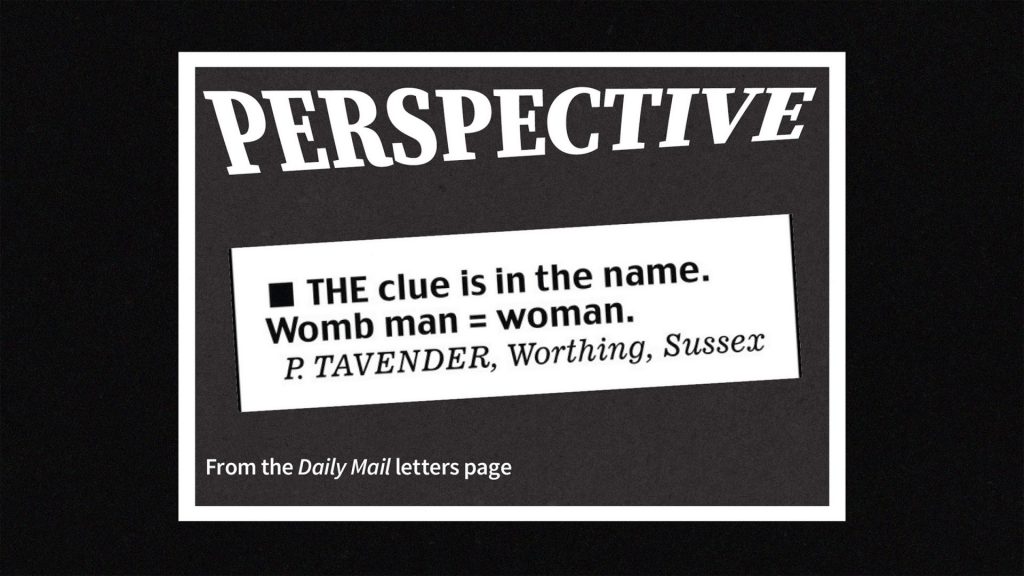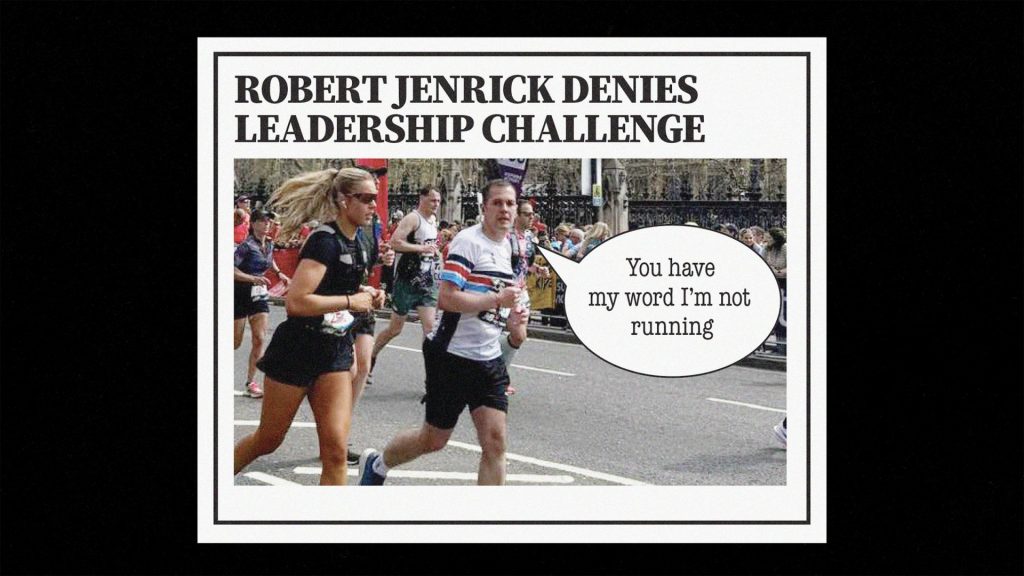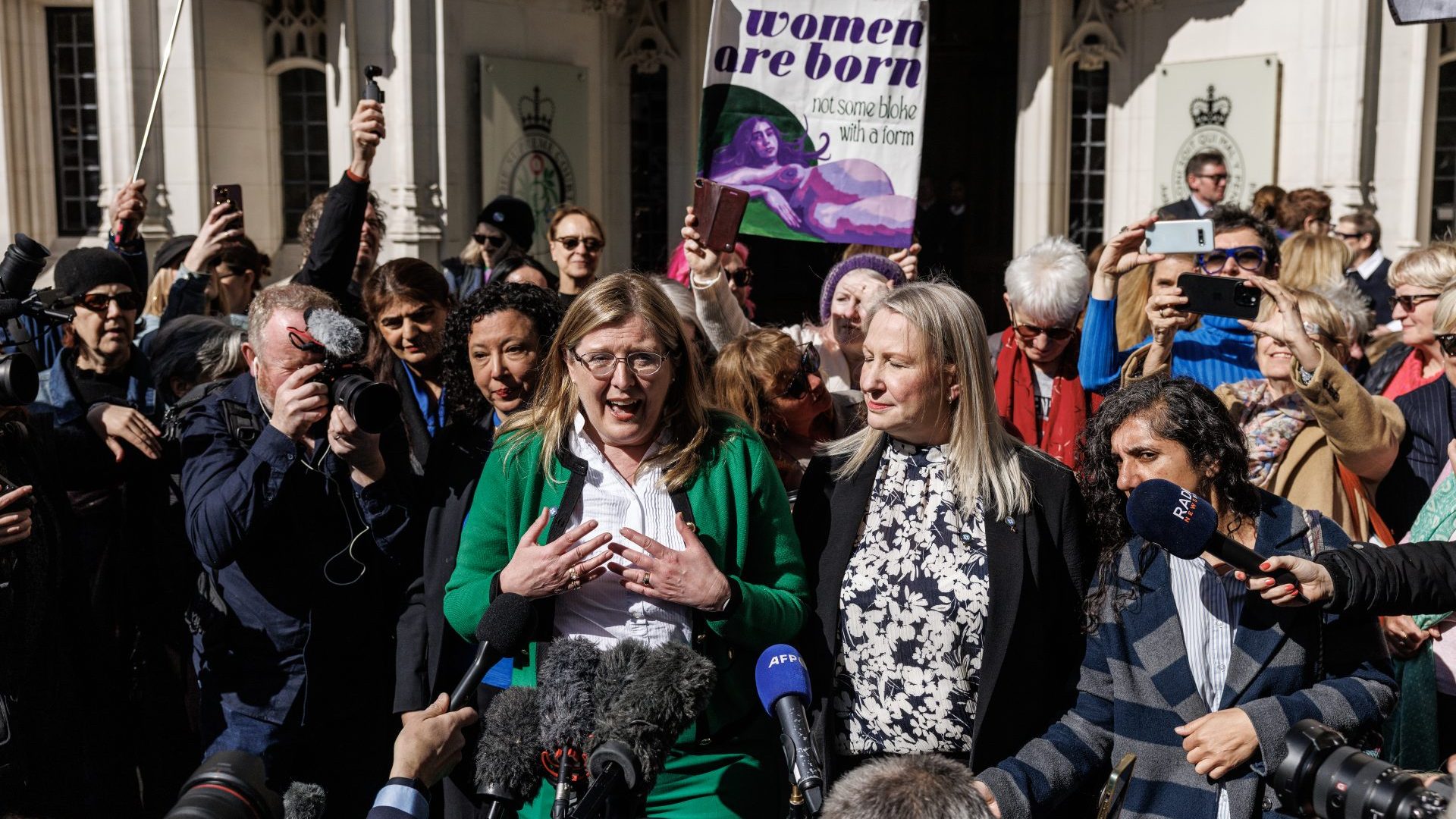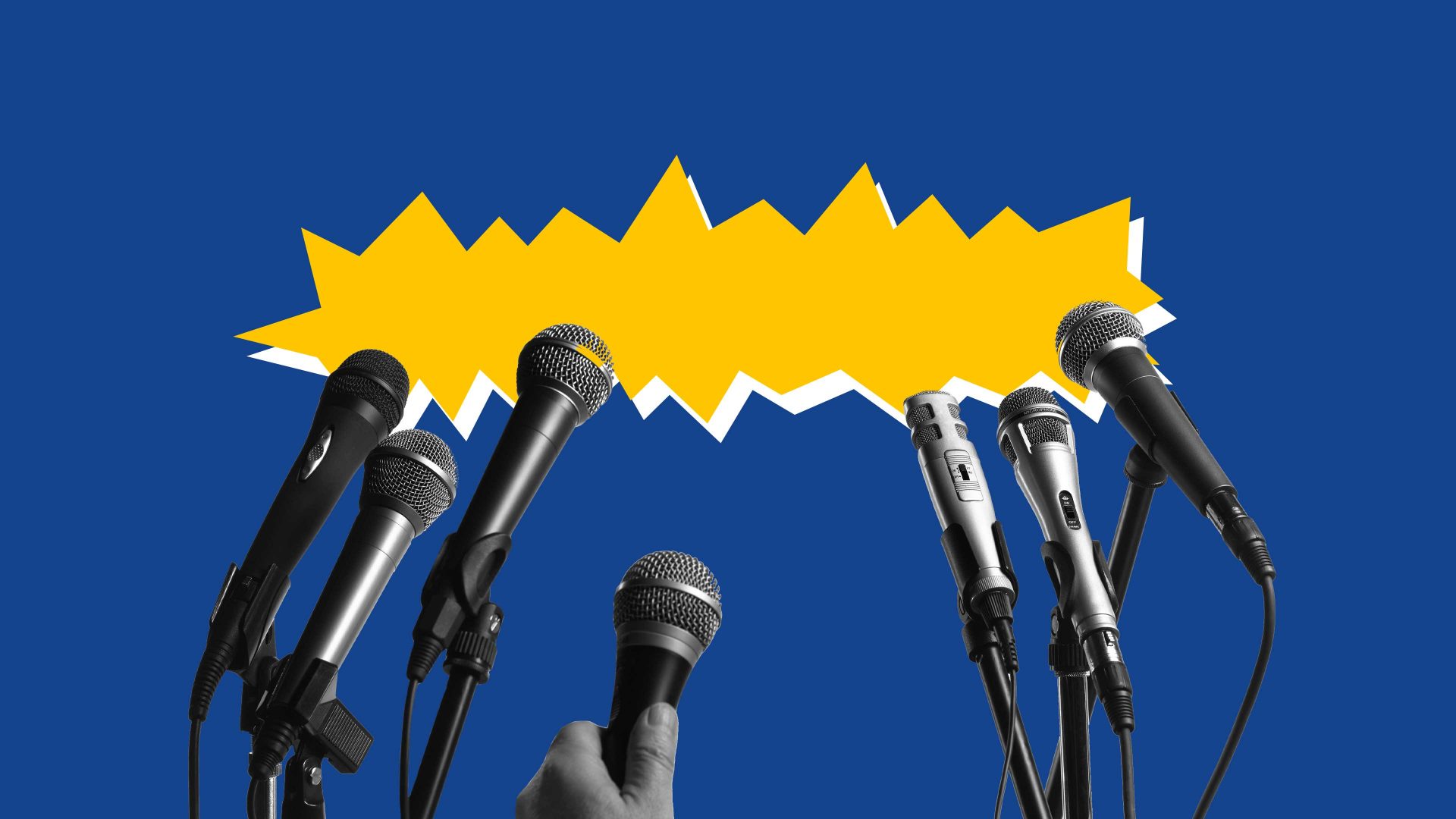Thank you for Matthew d’Ancona’s “How did it get so bad?” (TNE #432). The court’s judgment was thoughtful, measured and extensive. No rights were lost by anyone, but the rights of women, gays and lesbians, all hard fought for, have been confirmed.
Most of us are happy to live and let live, but objected to being told that we were bigots, transphobes or Nazis.
Margaret Ellwood Abingdon, Oxfordshire
I am now in my 80s and have occasionally found myself on the frontline, fighting for equality between men and women in our society. Rarely have I met such crass bullying as that used by some trans people against women. I welcome the legal clarification from the Supreme Court.
My rule of thumb is to be delighted to welcome anyone born male who should feel sufficiently female as to use their qualities in the pursuance of the wellbeing of all women, and of all people. When their interest appears to be solely in the service of trans, then I see them as trans.
Janta Silvey
As someone whose job was jeopardised way back in 2017 for daring to say that men weren’t really women even if they themselves didn’t feel they were men, I watched last week’s decision with tears in my eyes.
Kate Newey
Thank you Matt for putting it all so eloquently. This is such a sensitive issue. Respect for all, regardless.
Wendy Hodgson
I agree with most of what is said in Matthew d’Ancona’s article. What I think is disappointing is his blindness to the behaviour of the “other side” (for want of a better expression). One only needs to take a short gander down JK Rowling’s X feed to see that she is not taking a sensitive and balanced approach – she is often malicious and mean-spirited. Most feminist activist biological women I know take great lengths to distance themselves from the likes of Rowling.
D Jago
I wonder if Matthew d’Ancona spoke to any trans people before penning his column about the recent Supreme Court decision? If he had, he might have realised that the term TRAs he uses is just as reductive and derogatory as the term TERF, which he rightly criticises.
He might also have realised that the concerns of trans people are – regardless of the Court’s intentions – about how this ruling will be interpreted and applied. His silence on such issues betokens a failure to understand or even engage with the anxieties of trans people. I am sure that there are many of us who would be willing to discuss such matters with him, if he is willing to listen.
Pippa Catterall
I am disappointed in Matthew d’Ancona’s failure to fully address the impact this ruling is likely to have on the lives of trans individuals who are simply looking to be granted dignity and the ability to be themselves. In addition, he fails to discuss the further questions this ruling may raise, such as how one may be asked to prove they are a woman in the eyes of the law, and whether this now means that trans men must use women’s spaces.
I am happy to hear arguments and viewpoints that may differ from my own, although I am disappointed when these arguments are presented in poor taste. The comment relating to women’s rights being boring compared with the “newest multi-coloured flag”, and the suggestion that individuals may be supporting trans rights due to that stance being “fashionable”, are particularly unnecessary.
Daniel Agnew
Re: Marie Le Conte’s Dilettante on her trans friend (TNE #432). It is such a relief to read an article that doesn’t see trans people, particularly trans women, as either completely abstract creatures or deluded grotesques.
Our beautiful daughter is trans. She socially transitioned in public at 13; if it hadn’t been for the much-maligned but wonderful Gender Identity Service at the Tavistock and Portman NHS Trust in London, she would never have made it to adulthood; as puberty approached, her anger turned to despair, self-loathing and self-harm.
Our daughter, now in her 20s, can and does pass as female, but she will not use any form of public transport unless with someone she trusts, nor take a taxi unless she knows and trusts the driver. She loves swimming but avoids all but an occasional night swim in the sea. She avoids changing rooms, cafes, and all public places unless she has arranged to meet friends who she hopes can protect her.
This is not paranoia, but hard-lived experience. If people, usually men, clock her as trans she is at risk of physical and verbal abuse. She has had credible death threats.
As she remarked to me yesterday, she feels there is now a target on her back and that she could so easily end up as another victim of a fatal transphobic attack. She lives in fear of having the “Female” removed from her birth certificate and passport. Her already very restricted life just became an awful lot smaller.
Fiona Bowie
Keir Starmer was wrong on women, is wrong on Brexit, and it seems wrong on Donald Trump. Let’s hope he starts getting it right.
RSP Zatzen

Reform: boom or bust?
Re: Steve Richards on Nigel Farage (“A flaw unto himself”, TNE #432). I’m not sure that Reform having no thought-through and plausible policies is a handicap any more.
To me it all seems very similar to the referendum campaign. Voters with no very clear idea of the policy issues, only a feeling that their life and living standards aren’t going in the direction they want, and a willingness to listen to plausible rogues peddling promises of sunlit uplands.
I would not be in the least surprised to see Reform emerge as the largest party at the next election. To be followed with regret when it all goes to hell in a handbasket.
Paul Blake
The Reform bubble will eventually burst. First, governing is hard and invariably upsets significant groups of voters. Second, party organisation and coherence are what hold you together through the inevitable downturn in support. Reform is a one-man band. Remove Farage now and it will go back to being irrelevant.
Let us not forget that current Reform polling is just 25%. I suggest it is not going much higher. That will not produce a majority, and would need a coalition. But who would feel able or willing to work with Reform? No other party, not even the Tories. They risk being gobbled up by Reform.
As one who comes from a long Liberal tradition I know from experience that life as a third party is an uphill battle much of the time. Your time with momentum is fickle. One event and it fades quickly away. At that point, Farage will surely be off.
David Rolfe
A deeper split in the Tory Party should be encouraged. Let the Brexit right join Reform and then move the remaining Tories back to a common-sense, pro-EU position. Margaret Thatcher helped to create the single market, as she knew it was essential.
Lauren Smith
Bold Burnham
Adam Primhak writes (Letters, TNE #432) that “Keir Starmer needs to understand that the public want radical change, bold policies and far-reaching projects”. Bang on. The public are yearning for meaningful change. Change that Labour and the Tories haven’t delivered, but the populist Reform claims it can.
Keir Starmer and Kemi Badenoch leading their respective parties into the next election seems unlikely. Apart from on Ukraine, the prime minister has been too cautious. Badenoch behaves like a sixth-former who thinks she’s a frontline politician.
For me, Andy Burnham is the man to lead Labour and the country. A few months ago he did an interview where he said – in the context of mainstream British politics – the unsayable: that Margaret Thatcher’s policies between 1979 and 1990, continued variously in diluted, disguised and undisguised forms by all governments since, were a disaster for the UK. Now that is “radical”, “bold” and “far-reaching”.
Will Goble Rayleigh, Essex
The Donald in fiction
“President Ahab” was a chillingly prescient article by Simon Barnes (TNE #432). As for other literary characters who resemble Trump, what about Adrian Veidt, Alan Moore’s Ozymandias in Watchmen? A man lost in his own fame, leading to meltdown.
Or Count Dracula, the rabid bloodsucker? Or Philip Pullman’s CCD (Consistorial Court Of Discipline), an organisation driven by right wing religious ideology that seeks to control the population through lies and manipulation?
DC Kneath Swansea, Wales
Rock and rollitos
Visiting new places and sampling the local cuisine is surely one of life’s great pleasures. So it was disappointing that, in his words, Josh Barrie “didn’t stick around” very long on what he calls “that silly rock”, Gibraltar (TNE #432). If he had, he might have been able to sample torta de acelga (a sort of spinach pie), a hot plate of lentejas or meaty rollitos, all at Figaro or Tasty Bite in Irish Town.
Gibraltar’s food, like its people, is a curious mix of Mediterranean influences, and its national dish, made with chickpea flour, probably originated in Genoa. Local restaurants and bars also reflect this cultural diversity, from Amar’s, the Jewish bakery open since 1820, to the Moroccan-influenced cuisine of El Kasbah, Indian tapas at Little Bay, or much-loved local instititions like The Dolphin in Camp Bay or Sea Wave in Catalan Bay, where you can enjoy pescaíto frito (fried fish) while gazing out to sea.
Josh may have a point about the unecessary journey taken by some of the fruit that ends up in Morrisons, but many Gibraltarians, including my 93-year-old aunt, choose to buy their fresh fruit and vegetables from small family-run sellers like Sosi’s in the old town. And if all this isn’t enough to tempt him back, the people of Gibraltar – who are still in Brexit-limbo – are the most Remain-y in the world, with 96% of the electorate voting to retain our cherished place within the European family, from where so much of our cultural, and culinary, influences are drawn.
Dr Tommy Norton
What’s the matter?
Our universe, so far as we know it, is profoundly odd (Philip Ball on dark energy, TNE #432). Starting from nothing, with energy-mass ever constant and related by Einstein’s equation, yet it is made almost entirely of empty space and matter with virtually no antimatter. Is that imbalance rebalanced by anti-energy pushing against gravity to accelerate the expansion of the universe, as dark energy is designated to do?
While hoping for the best from theoretical physicists interpreting the Dark Energy Spectroscopic Instrument data to explain away, or just explain, dark matter and dark energy, and by doing so, explaining our universe; if it remains beyond them, it may be that DESI could not see what it had to see because of dark light!
Roland Lazarus Billericay

BELOW THE LINE
Comments, conversation and correspondence from our online subscribers
Re: Patience Wheatcroft on Kemi Badenoch (TNE #432). If Kemi is the answer, it must be a damn silly question.
Keith Hobbs
As a Scot, I read “Britain needs a new national story” (TNE #432) with growing anger. Paul Mason seems to think that Britain is a nation. It is not.
Instead, it is a weird mixture of four neighbouring nations brought together by circumstance and by the overweening ego of the largest of the four. Keir Starmer likes to remind us that he is prime minister of all the country. Yet he ignores St Andrew’s Day, St David’s Day and St Patrick’s Day as they do not suit his narrative, while appearing under a union flag on St George’s Day.
Ann Rayner
It is not just the “LibDems, Greens and nationalists (who) want to align with Europe.” Scotland, which voted 62% Remain, is overwhelmingly pro-EU and Scots shake their heads in despair at what they see as English voter foolishness.
There is also huge concern in Scotland that the UK’s Trident nuclear deterrent is based just 15 miles from Glasgow. A nuclear strike on Royal Navy’s Clyde submarine base might wipe out much of central Scotland and its 2.5 million people. At a time of rising tensions and if the UK seeks national unity, the Westminster government needs to think deeply about how it protects Scotland from the devastation of a nuclear war. Doing nothing may well see Scotland voting to go its own way, dump Trident and rejoin the EU.
Martin Roche
Paul Mason is right in one sense – we need national projects to enliven the economy and make our citizens take a small modicum of pride back in a country whose infrastructure is crumbling and has been for years.
As for national pride, I for one think that ship has sailed. Brexit , Covid and current world events have promoted insularity in many. It would take a monumental effort to enthuse the UK with a sense of national togetherness. Let’s try, but it won’t be easy.
Adam Primhak
“The downside of the Italian dream” (Carousel, TNE #432) told me more about some British self-styled “expats” (immigrants!) than about rural Italy. If you move to another country, being British doesn’t exempt you from obeying the law!
Tony Jones
JOIN THE CONVERSATION
Subscribe and download our free new app to comment and chat with our writers



